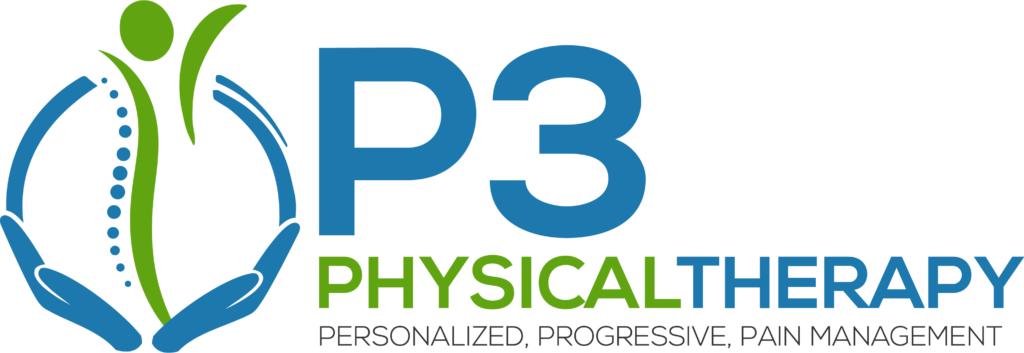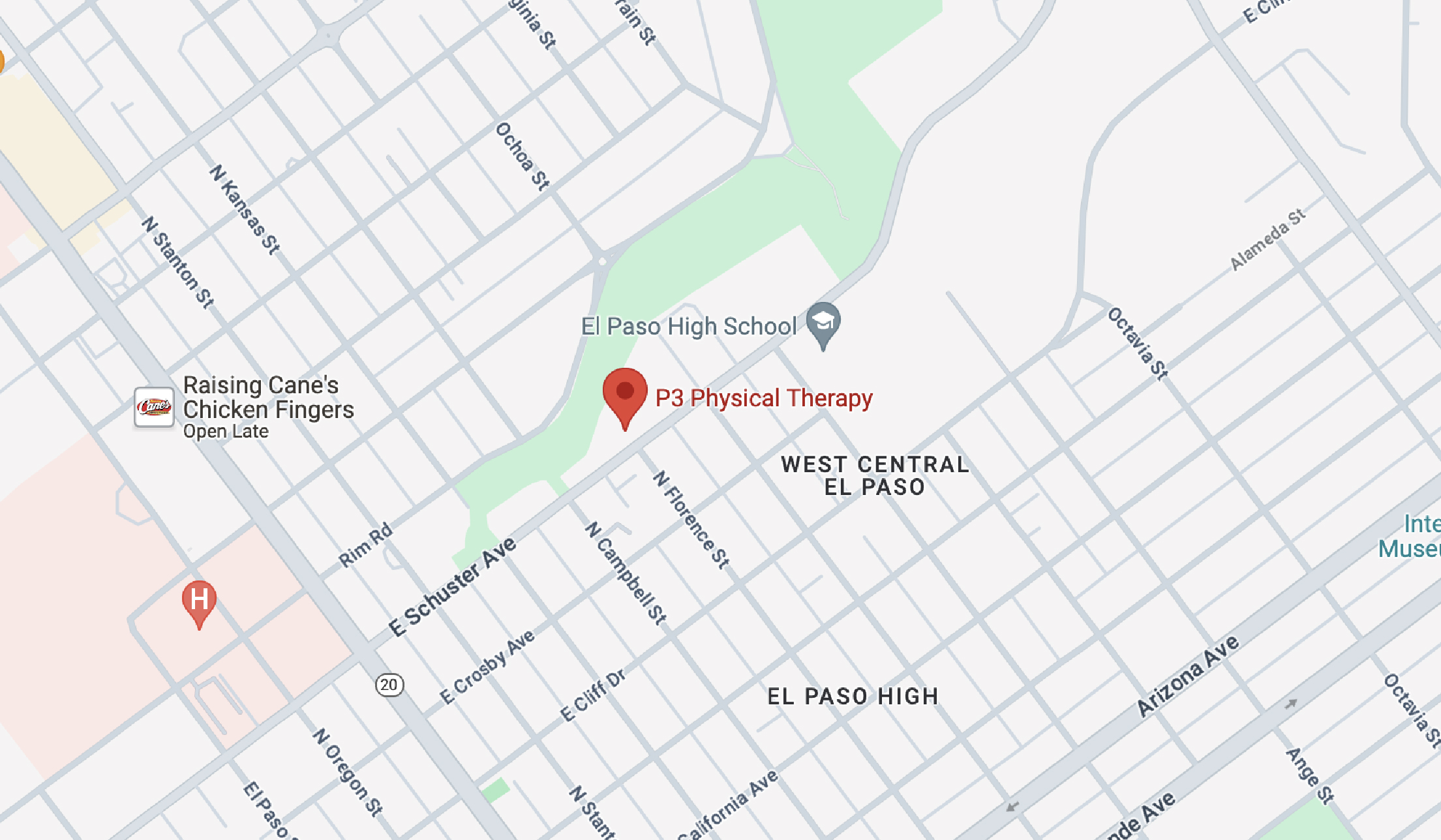The shoulder has a versatile range of motion. When something goes wrong with your shoulder, it hampers your ability to move freely and can cause a great deal of pain and discomfort.
The shoulder is a ball-and-socket joint that has three main bones: the humerus (long arm bone), the clavicle (collarbone), and the scapula (also known as the shoulder blade). The humerus, clavicle and scapula are protected by cartilage. There are two main joints. The acromioclavicular joint is between the highest part of the scapula and the clavicle. The top, ball-shaped part of the humerus bone and the outer edge of the scapula make up the shoulder joint). Medically known as the glenohumeral joint.
The shoulder joint is the most mobile joint in the body. It moves the shoulder forward and backward. It also allows the arm to move in a circular motion, and to move up and away from the body.
Shoulders get their range of motion from the rotator cuff. Four tendons make up the rotator cuff. Tendons are the tissues that connect muscles to bone. When the rotator cuff (or the areas around it) are injured, it may be painful or difficult to lift the arm over the head.
You can injure your shoulder by performing manual labor, playing sports, or even by repetitive movement. Certain diseases can bring about pain that travels to the shoulder. These include diseases of the cervical spine of the neck, as well as liver, heart, or gallbladder disease.
Age contributes to problems with the shoulder. It is especially common after age 60. This is because the tissue surrounding the shoulder tends to break down with each passing year.
Often times, one can treat shoulder pain in their own home. In many cases, medications, surgery, or physical therapy may also be be part of treatment.
What causes shoulder pain?
A number of factors and conditions can contribute to shoulder pain. The most prevalent cause is rotator cuff tendinitis. This is a condition characterized by inflamed tendons. Another common cause of shoulder pain is an impingement syndrome where the rotator cuff gets caught between the acromium (part of the scapula that covers the ball) and humeral head (the ball portion of the humerus).
Sometimes shoulder pain is the result of injury to another location in your body, usually the neck or bicep. This is known as referred pain. Referred pain generally doesn’t get worse when you move your shoulder.
Other potential reasons for shoulder pain include several forms of arthritis, torn cartilage, or a torn rotator cuff. Swelling of the bursa sacs (which protect the shoulder) or tendons can also cause pain. Some people develop bone spurs, which are bony projections that develop along the edges of bones.
Pinching a nerve in the neck or shoulder, or breaking a shoulder or arm bone, are also causes of pain. A frozen shoulder happens when tissue stiffens and becomes challenging or incapable of movement. A dislocated shoulder is when the ball of the humerus pulls out of the shoulder socket. An injury due to overuse or repetitive use can cause injury.
Serious conditions such as a spinal cord injury or a heart attack may lead to shoulder pain.
How is the cause of shoulder pain diagnosed?
Your doctor will want to find out the cause of your shoulder pain. They’ll obtain a history and do a physical examination. They’ll feel for tenderness and swelling, and will also assess your range of motion and joint stability. Imaging tests, such as an X-ray or MRI, can produce detailed pictures of your shoulder to help with the diagnosis.
Your doctor may also ask questions to determine the cause. Be prepared to answer the following questions:
- Is the pain in one shoulder or both?
- Did this pain begin suddenly? If so, what were you doing?
- Does the pain move to other areas of your body?
- Can you pinpoint the area of pain?
- Does it hurt when you’re not moving?
- Does it hurt more when you move in certain ways?
- Is it a sharp pain or a dull ache?
- Has it been red, hot, or swollen?
- Does it keep you awake at night?
- What makes it worse and what makes it better?
- Have you had to limit your activities because of your shoulder?
When should I seek medical help?
If your shoulder pain is sudden and not related to an injury, consult a doctor immediately. It may be a sign of a heart attack. Other signs of a heart attack include trouble breathing, chest tightness, dizziness, excessive sweating, and pain in the neck or jaw. Call 911 immediately if you experience these symptoms.


